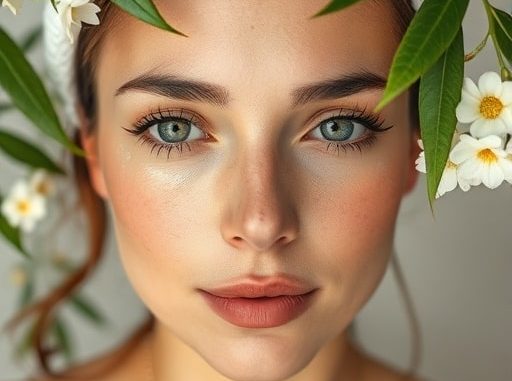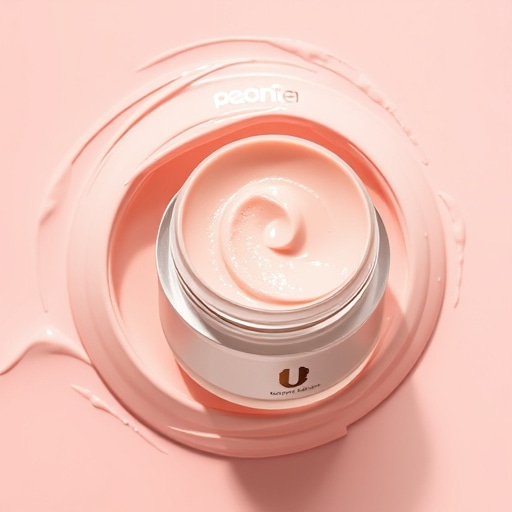
Home remedies are gradually gaining prominence in the Natural treatment for hyperpigmentation. Most of these ingredients such as aloe vera, turmeric, licorice root, and green tea extract are those that impart soothing and skin-brightening properties for the removal of unwanted pigments. Both lifestyle changes, of proper sun protection, staying hydrated, and a well-balanced diet are also important for everyone simply to avoid hyperpigmentation as well as reduce it. Thus, tackling this issue naturally promises a longer prescription for healthy and glowing skin minus the harsh effects of chemicals. Im this post you will know what are all the natural treatments for hyperpigmentation are to be followed.
Pigmentation and Dark Spots: Understanding Major Differences and Treatments.
Pigmentation and dark spots are common skin issues that many people confuse when seeking a more even skin tone. While these two terms are often used interchangeably, they have distinct differences in terms of appearance, causes, and treatments. Understanding these differences is essential for choosing the right solutions for your skin.
What Is Pigmentation?
Pigmentation refers to the natural coloration of your skin, which is determined by melanin produced by melanocytes (skin cells responsible for pigmentation). Hyperpigmentation occurs when the skin produces excessive melanin in certain areas, leading to an uneven skin tone. This condition can manifest in several forms:
- Hormonal Pigmentation: Often triggered by hormonal fluctuations during pregnancy or due to the use of oral contraceptives, this form results in brownish or grayish patches of skin, typically on the face.
- Freckles: These small, flat spots are commonly caused by sun exposure or genetic factors.
- Post-inflammatory Hyperpigmentation (PIH): Darker patches that appear after skin injuries, acne, or other skin conditions have healed.
What Are Dark Spots?
Dark spots, often referred to as age spots or sun spots, are localized areas of hyperpigmentation that tend to be darker than the surrounding skin. These spots are usually caused by prolonged sun exposure, aging, or hormonal changes. Dark spots and hyperpigmentation often overlap, but dark spots are more specific, appearing as small, defined areas of discoloration. There are also natural treatments for hyperpigmentation and dark sports.
Differences Between Pigmentation and Dark Spots
- Causes: Pigmentation encompasses a broader category of skin discoloration, while dark spots are more commonly caused by sun damage, aging, or hormonal changes.
- Appearance: Pigmentation often presents as large patches or uneven skin tones, whereas dark spots are smaller, sharper, and more localized.
- Triggers: Hyperpigmentation on the face can be triggered by genetic factors, hormonal imbalances, or inflammation. In contrast, dark spots are primarily caused by external factors like UV exposure and aging.
Effective Natural Treatments For Hyperpigmentation and Dark Spots
Whether you’re dealing with pigmentation marks, dark spots, or hyperpigmentation after pimples, there are several effective treatment options available, including both medical and natural remedies.
Natural Treatments For Hyperpigmentation are as follows:
- Topical Natural Treatments
- Vitamin C: Known for its brightening properties, Vitamin C serums help fade both hyperpigmentation on the face and dark spots over time.
- Retinol: A powerful ingredient that accelerates cell turnover, reducing discoloration and improving skin texture.
- Hydroquinone: A potent skin lightener often recommended by dermatologists for stubborn pigmentation marks.
- Chemical Peels Chemical peels containing glycolic acid or salicylic acid exfoliate the skin, helping to fade dark spots and pigmentation marks effectively. These treatments can be performed at a dermatologist’s office for more targeted results.
- Laser Therapy Lasering dark spots on the face with treatments like fractional lasers or IPL (Intense Pulsed Light) helps break down melanin deposits and even out the skin tone. This is especially effective for dark spots hyperpigmentation caused by sun damage.
- Natural Remedies
- Aloe Vera: Known for its soothing properties, aloe vera can help fade pigmentation marks over time.
- Licorice Extract: Inhibits melanin production and can be effective in reducing dark spots and pigmentation.
- Green Tea Extract: With its antioxidant and anti-inflammatory properties, green tea extract can help address post-inflammatory hyperpigmentation treatment at home.
- Natural Treatments For Hyperpigmentation organically without any chemical can best results.
The Best Creams for Pigmentation Removal

Natural Treatments For Hyperpigmentation Recomended Creams
When it comes to achieving clearer, more even skin, the right pigmentation removal cream can make all the difference. Below are some of the best creams available for treating pigmentation and dark spots:
- Murad Rapid Age Spot and Pigment Lightening Serum
- Active Ingredients: Hydroquinone, Glycolic Acid
- Why It Works: This dermatologist-approved formula combines fast-acting brighteners to target stubborn pigmentation and dark spots.
- The Ordinary Alpha Arbutin 2% + HA
- Key Ingredients: Alpha Arbutin, Hyaluronic Acid
- Why It Works: Known for its brightening effects, this serum hydrates while addressing dark spots and hyperpigmentation with the added benefit of moisturizing the skin.
- Eucerin Anti-Pigment Dual Serum
- Key Ingredients: Thiamidol, Hyaluronic Acid
- Why It Works: This clinically-proven serum targets dark patches and also works as a preventative treatment for new spots.
- Skinceuticals Discoloration Defense
- Key Ingredients: Tranexamic Acid, Kojic Acid, Niacinamide
- Why It Works: This lightweight serum is effective for both superficial and more severe pigmentation issues, including dark spots after pimples.
- La Roche-Posay Mela-D Pigment Control Glycolic Acid Serum
- Key Ingredients: Glycolic Acid, Kojic Acid
- Why It Works: It gently exfoliates the skin while reducing the appearance of pigmentation marks over time.
Tips for Choosing the Best Cream
- Know Your Skin Type: Choose a cream based on your skin type—whether it’s oily, dry, or combination skin—so that it’s effective without causing irritation.
- Look for Active Ingredients: Effective ingredients for hyperpigmentation treatment naturally include Vitamin C, Retinol, and Hydroquinone.
- Consult a Dermatologist: If your pigmentation persists, consider seeking professional advice for more advanced treatments like lasering dark spots on the face.
“The best advice on natural treatments for hyperpigmentation includes the use of aloe vera gel, turmeric, or green tea extract to lighten dark spots and the daily use of sunscreen to prevent further pigmentation by UV rays.”

Leave a Reply